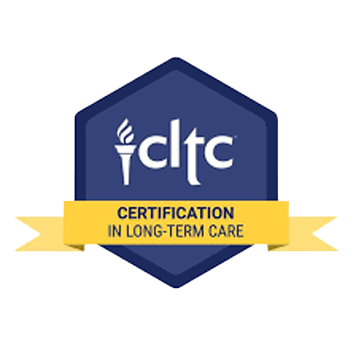Have you ever thought much about your morning routine? Probably not. Most of us are on automatic pilot at wakening.
Some mornings my little five-pound Shih Tzu wakes me with a toy in her mouth ready for playtime. But most mornings I get out of bed and walk to the bathroom to empty my bladder. Then I splash a handful of warm water on my face and wash away sleepy seeds.
Next, I head to the kitchen to brew a pot of coffee. Steaming java in hand it’s back to the bathroom to shower, decide what to wear and get dressed. Lastly, I walk back to the kitchen to eat a quick bite of breakfast and then I’m off to the office.
Activities of Daily Living
Seems simple, right? It is if you don’t need assistance. Those simple tasks of a typical morning routine account for the six activities of daily living (ADLs):
- Bathing
- Dressing
- Eating
- Toileting
- Continence
- Transferring
How would your morning change if you needed help doing one or more of these activities? What if you were unable to walk from your bed to the bathroom on your own? Or bathe and dress yourself without assistance?
Benefit Eligibility
These ADLs are one of the two triggers to long-term care insurance benefit eligibility.
The other trigger is cognitive impairment which encompasses many forms of dementia including Alzheimer’s.
For the purposes of long-term care, cognitive impairment is defined as a loss of short- or long-term memory; difficulty knowing people, places or the time or season; loss of the ability to make good decisions; or loss of safety awareness.
Cognitive impairment is the primary cause of long-term care insurance claims today and comprises about 35% of claims. These claims can last for a very long time.
Who Will Provide Care
Many clients turn to their families for help first. Most commonly, it is the wife who cares for her husband as long as she is able.
In other circumstances, adult children are relied upon for care in addition to their existing responsibilities.
If family is not an option for providing caregiving, how would you pay for assistance from a formal (paid) caregiver?
Make A Plan
Can you maintain your family’s standard of living, honor the financial obligations you’ve made and afford the additional cost of long-term care? That’s really the key question and why having a plan for long-term care is so important. Contact us today to get started!




